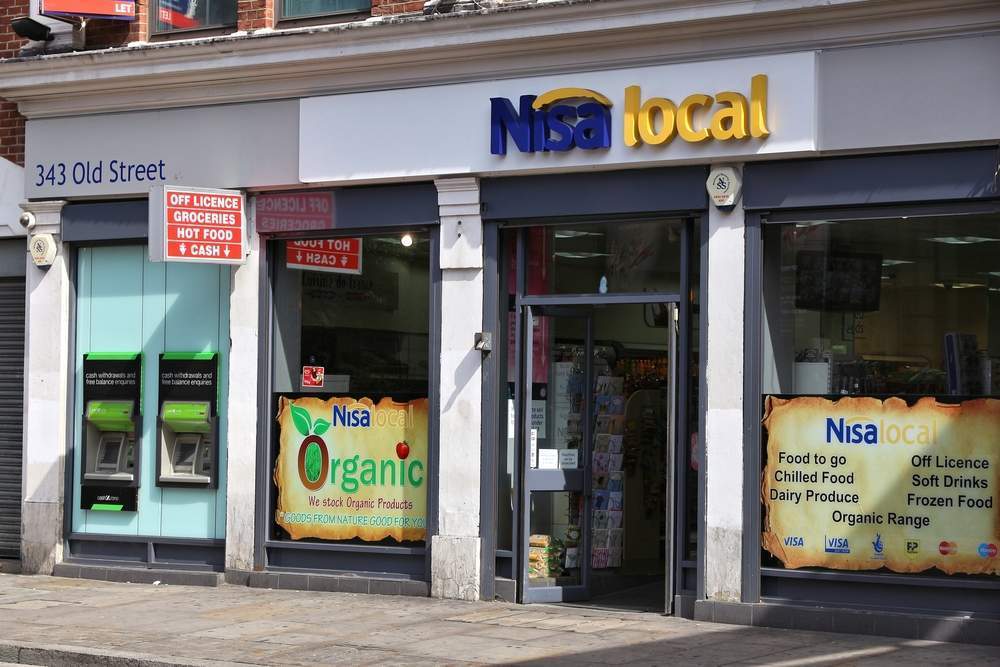Tesco and Sainsbury’s are taking over the independent corner shop market in Britain.
Shoppers will still be able to visit their local Nisa, Londis and Budgens, but these groups are turning to the buying power of large supermarket chains as they seek economies of scale in order to remain profitable.
This has become a necessity as people remain focused on value, but it puts another nail in the coffin of Britain’s old independent grocery sector.
Sainsbury’s has made a £130m bid to take over Nisa Retail, the buying group of independent retailers and wholesalers.
This follows Tesco’s £3.7bn takeover of wholesaler Booker, which is currently being assessed by the Competition and Markets Authority.
Booker owns the Londis and Budgens brands and also supplies Premier stores.
Buying power is the issue at stake.
Margins remain an issue for retailers: they tightened during the financial crisis, and have stayed low as the discounters Aldi and Lidl have challenged the supremacy of established players.
The prospect of Brexit, which will make it more expensive to buy goods from abroad, means margins will remain tight in the years to come.
Economies of scale are therefore crucial. The bigger you are, the better the deal you can negotiate from your suppliers.
The many small businesses that run independent corner shops and supermarkets may resent the intrusion of firms such as Tesco and Sainsbury’s, an old enemy.
However they will welcome their support if it means they can lower prices and stop their customers from shopping at a discounter instead.
For Tesco and Sainsbury’s this offers a new growth avenue, at a time when increasing like for like sales in their stores is a challenge and there is limited appetite to spend their capital reserves on opening new stores.
While a win-win for the retailers, this is bad news for manufacturers and ingredient suppliers.
Like retailers they are also operating on razor thin margins. The consolidation of the wholesale market will give extra power to the buyers who sit opposite them at the negotiation table.
Brexit puts their ability to sell to foreign markets at risk.
With British consumers now used to cheap groceries, tough times lie ahead for ingredient suppliers and product manufacturers.







